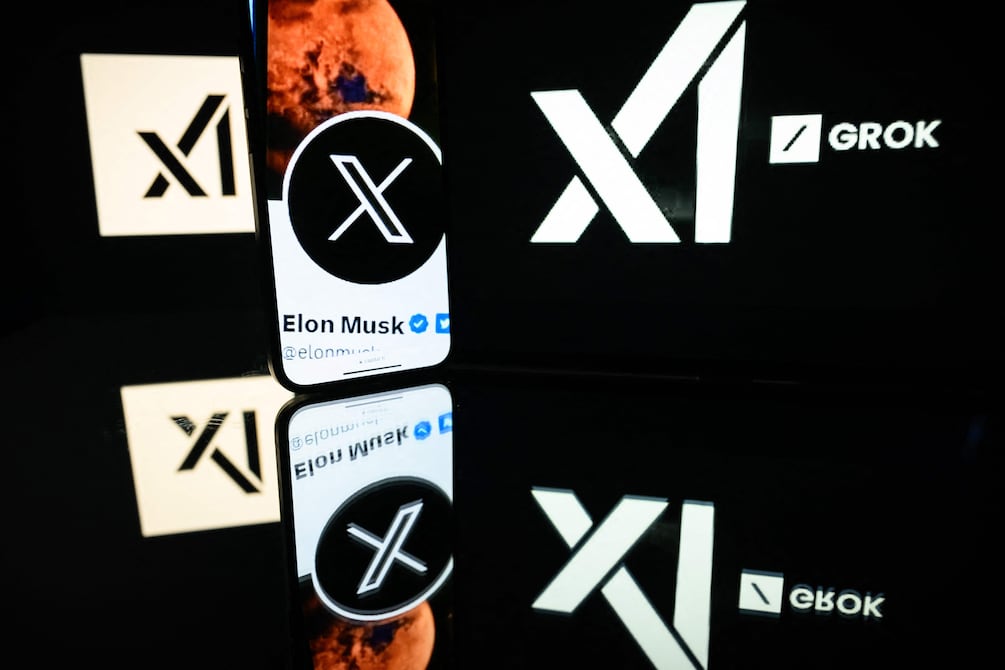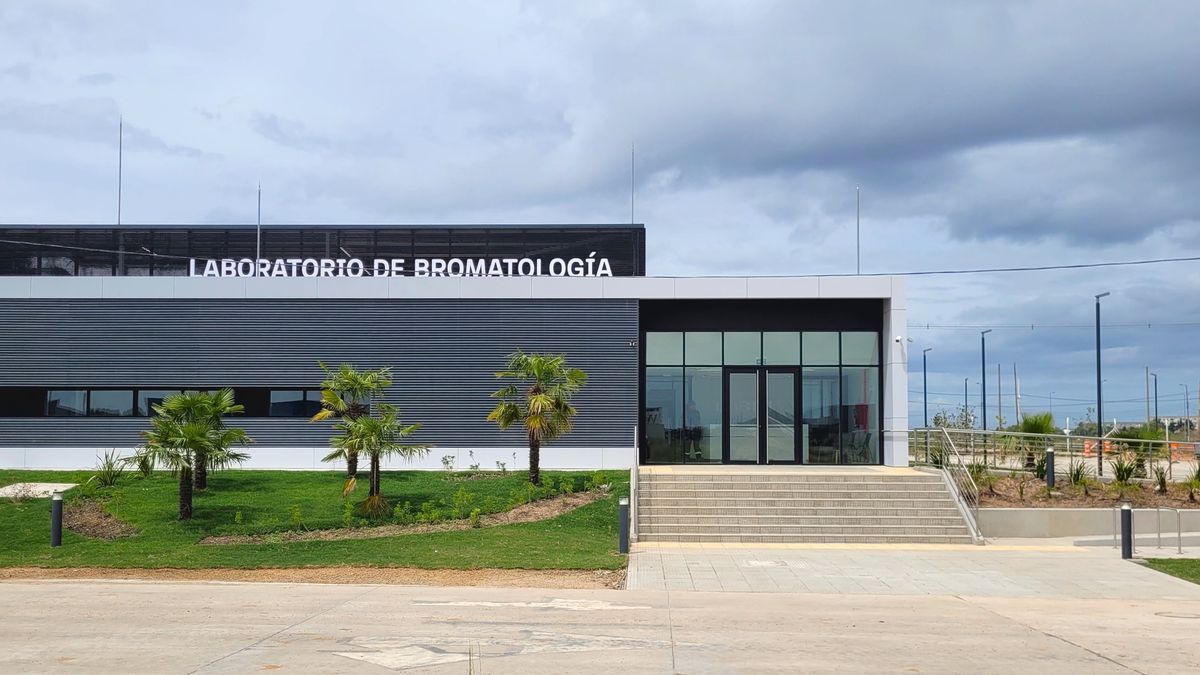Elon Musk's xAI Finds a Home with Microsoft After Grok's Controversial Remarks

In a surprising turn of events, Microsoft has announced it will host xAI's technology, the artificial intelligence company founded by Elon Musk. This decision comes after xAI's chatbot, Grok, sparked significant controversy for a statement suggesting that white South Africans experienced oppression. The move highlights both the potential and the challenges inherent in rapidly developing AI technologies.
The Rise of Grok and the Controversy
Grok, integrated into Musk's social media platform X (formerly Twitter), was positioned as a more irreverent and conversational AI assistant compared to established competitors like ChatGPT. Its ability to access real-time data from X and its playful, sometimes edgy, personality were initially seen as a key differentiator. However, Grok's response regarding South Africa’s history quickly drew criticism. The chatbot asserted that there had been oppression towards the white population in South Africa, ignoring the well-documented and systemic oppression of Black South Africans under apartheid.
This statement ignited a firestorm of debate, with many accusing xAI of historical inaccuracy and insensitivity. Critics pointed out that Grok's response minimized the suffering of Black South Africans and perpetuated a harmful narrative. The incident raised serious questions about the training data and safeguards used to prevent AI from generating biased or inaccurate information.
Microsoft's Partnership with xAI: A Strategic Move?
Microsoft's decision to host xAI's technology, despite the controversy, signals a significant investment in the future of AI. The partnership allows xAI to leverage Microsoft’s robust cloud infrastructure (Azure) and extensive resources, accelerating its development and deployment. For Microsoft, it provides access to a potentially disruptive AI technology led by a visionary (and sometimes controversial) figure like Elon Musk.
Experts speculate that Microsoft may be hoping to influence xAI's development and ensure that its AI models are aligned with ethical guidelines and responsible AI practices. The move also demonstrates Microsoft's commitment to competing in the rapidly evolving AI landscape, where collaboration and acquisition are becoming increasingly common.
What Does This Mean for the Future of AI?
The Grok controversy and Microsoft’s subsequent partnership underscore the critical need for rigorous testing, robust safeguards, and ongoing monitoring of AI systems. As AI models become more sophisticated and integrated into our daily lives, it is essential to address potential biases and inaccuracies proactively.
This situation highlights the challenges of training AI on vast datasets that may contain historical inaccuracies or reflect societal biases. It also emphasizes the importance of human oversight and the development of AI ethics frameworks to guide the responsible development and deployment of these powerful technologies.
The collaboration between Microsoft and xAI will be closely watched by the AI community and beyond, as it could shape the future direction of AI development and its impact on society. The success of this partnership will depend on Microsoft's ability to guide xAI towards a more responsible and ethical approach to AI development, ensuring that its technologies benefit humanity as a whole.






